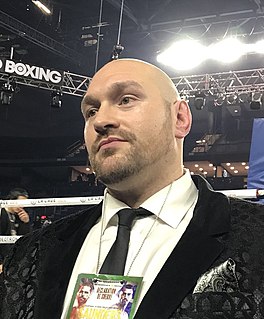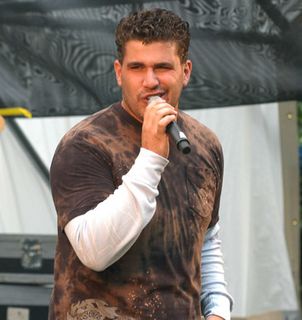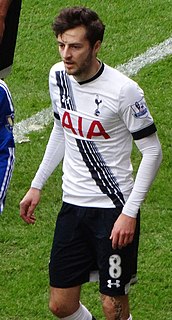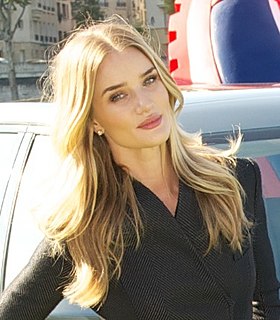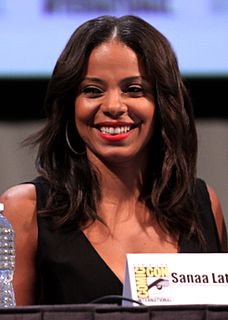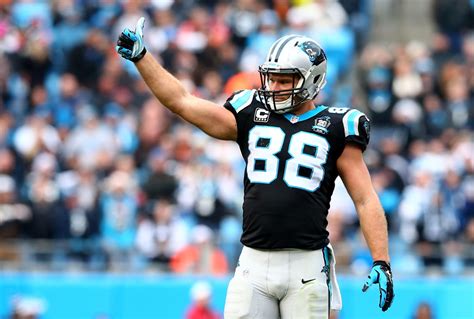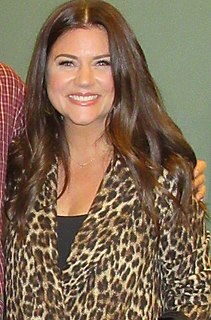A Quote by Tyson Fury
When my little son, Prince, had health issues as a baby, we were told that he had a 20 percent chance of survival.
Related Quotes
When I was first diagnosed, I went out, as a book person, and got some books on cancer and looked up my version of the disease. It said that I had about a 5 percent chance of survival. I said, 'Gosh, well, it's been a good run.' What I didn't realize is that in the two years since those books were published, things had shifted dramatically.
Like the guy I was dating. White, liberal, educated. I went to meet his family and I think that they probably didn't know they had a problem with it until he walked in with me. And they definitely had issues. Mom had issues with it. Could not, didn't want to see her son. And I don't think she had anything against me. But it was about her son bringing me home. And I felt that for the first time. I was like, 'Wow, that's deep.' It's really simple: I don't fit their picture.
Beyond the immediate risks to her health and the health of her baby, when a woman chooses c-section, she decreases the chance that she will be able to get pregnant again and increases the chance that if she does get pregnant, the pregnancy will occur outside the uterus, a situation that never results in a live baby and is life-threatening to the woman. Furthermore, the risk of having an unexplained stillbirth doubles when a woman has had a previous c-section.
Doctors give your family three options when your unborn baby is diagnosed with HLHS. You can terminate the pregnancy, you can have the baby and refuse treatment, or you can go through with the three surgeries our doctor had told us about. There was never any doubt in our minds that we were going to give our child a chance to survive and thrive.
She asked me what was wrong, and I told her I had to end it. She was surprised, and asked my why I thought so. I told her it wasn't a thought, more a feeling, like I couldn't breathe and knew I had to get some air. It was a survival instinct, I told her. She said it was time for dinner. Then she sat me down and told me not to worry. She said moments like this were like waking up in the middle of the night: You're scared, your'e disoriented, and you're completely convinced you're right. But then you stay awake a little longer and you realize things aren't as fearful as they seem.
